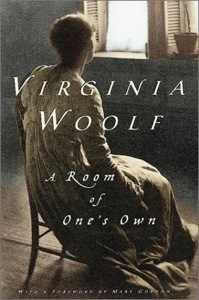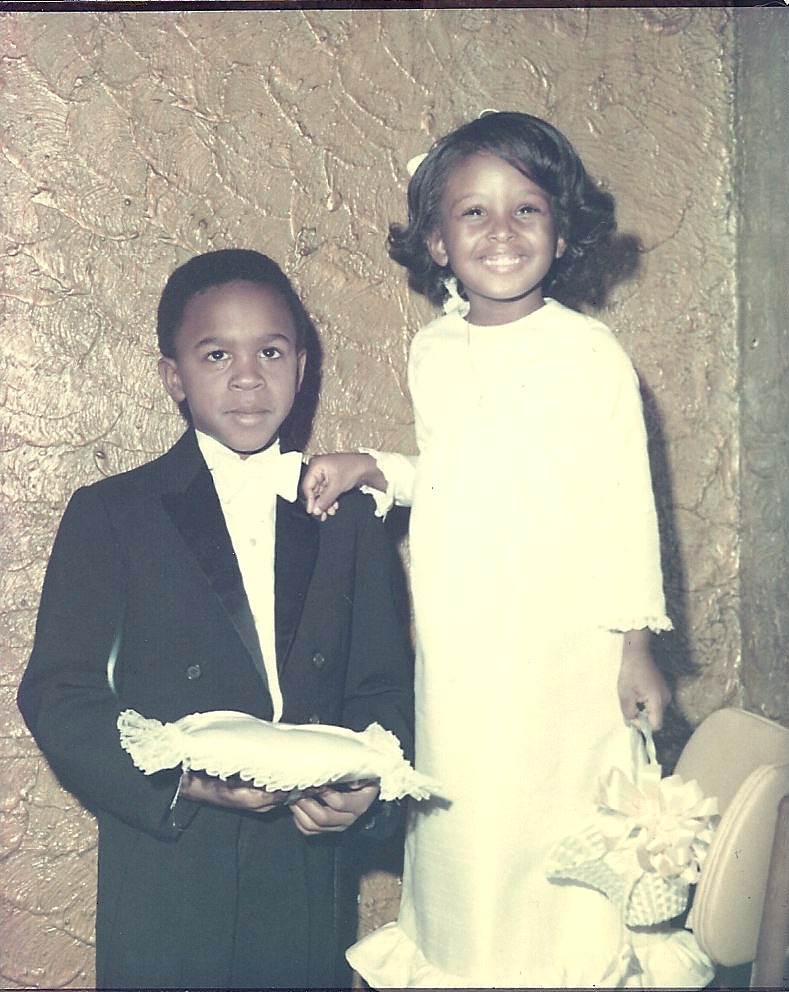I haven’t had the best day.
I woke up on the proverbial “wrong-side of the bed.” Then I rushed out of the house to meet someone for coffee only to find out, after I arrived at the cafe, she’d sent an email earlier to cancel.
To say I was annoyed is understatement.
I spent the next several minutes on a rant – in my head – about all the people who were pissing me off. I even went so far as to get the journal from my car so that I could write about it. But that didn’t help me to feel any better. In fact, the more I wrote, the more frustrated I got. And to make matters worse, today’s blog was hanging over my head. I tried to steer my journaling to a topic that might lead to a blog post. But I kept coming back to my various frustrations, a result of the many years practicing stream of consciousness writing.
I glanced around to see if there was something else in the store to write about. The two ladies sitting near me were having an in-depth conversation about one lady’s carpal tunnel. The barista was giving another employee directions about ordering supplies. Neither conversation was blog worthy or even that interesting. But then my eye landed on the owner of the shop. She was standing on a ladder right outside the door hanging Christmas lights. I watched, wishing I had same tenacity in my writing that she has with her business.
Years ago she started a cupcake/cake business in her kitchen. It grew to the point that she had to rent commercial kitchen space in order to fill her orders. Then she expanded her cupcake business into a restaurant. And a few years later – about the time I first met her – she began to talk about opening a European market that would sell coffee and pastries as well as wine and cheeses. It would be part Georgia, part France. To be honest, the idea seemed odd to me. I couldn’t quite picture it in my head.
But then she opened Roswell Provisions.
Not only did it turn out just 
Once during conversation, she explained what drove her determination: “My business makes me happy. You have to find your happy.”
Over the last few years, I’ve thought a lot about “my happy”. I assumed it was writing but I wasn’t driven to make it priority. I rationalized that it wasn’t as important to me because I didn’t depend on it for my livelihood. But finding your happy is more about accomplishing your goals than receiving a paycheck. It is about doing the thing that satisfies your soul. So even though my day didn’t get much better, I made myself sit down and write.
Writing is my happy. It isn’t always easy or fun, but it always satisfies.


 ntly I bought Call me, Zelda by Erika Robuck from a local
ntly I bought Call me, Zelda by Erika Robuck from a local






